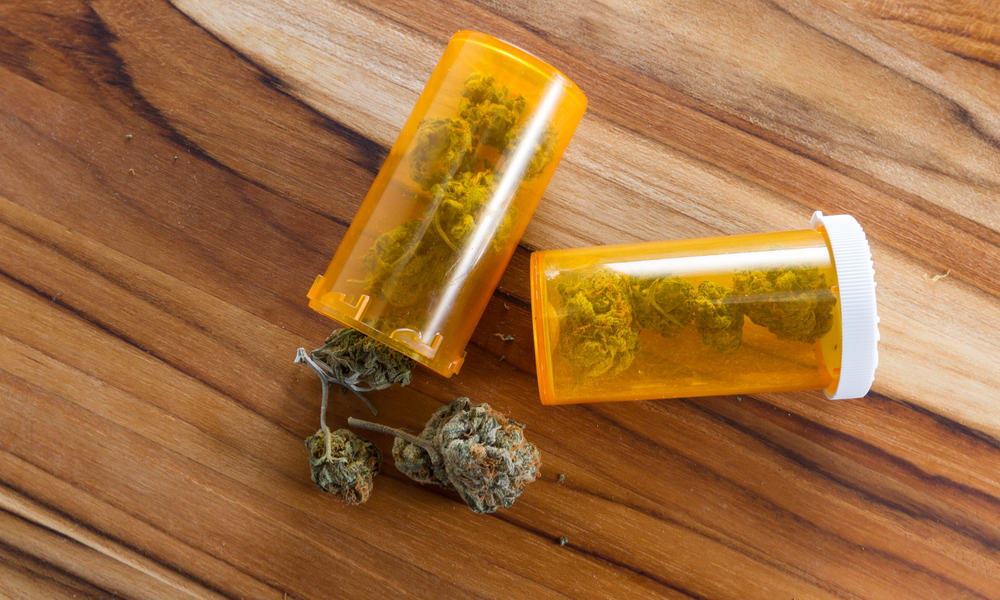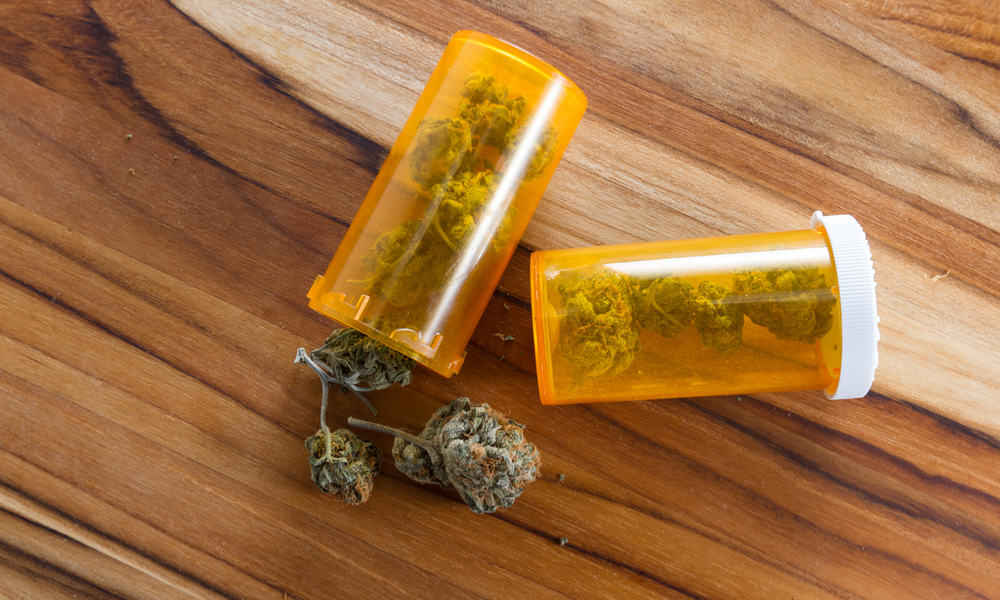
Arizona saw a 41 percent increase in medical marijuana sales in 2018, according to data released by the state Department of Health Services this week. In all, approximately 61 tons of cannabis products were sold by medical marijuana dispensaries in the state. Sales by weight of cannabis flower were up 40 percent and the total sales by weight of edibles, concentrates, and other products grew by 55 percent. The department does not estimate dollar values for the cannabis sold.
Sales of marijuana products grew faster than the number of medical marijuana patients registered with the state. More than 186,000 patients are now registered, an increase of nearly 20 percent. Will Humble, a former state health director who served when medical cannabis was legalized in Arizona in 2010, said the difference in the growth of patients and sales does not necessarily indicate that the average patient is consuming more cannabis.
“You’ve got a subset of the patients that are buying a lot of marijuana,” Humble said.
“And then there are patients that aren’t buying anything hardly,” Humble added, noting that some registered patients continue to buy their cannabis from the black market rather than from medical marijuana dispensaries licensed by the state. Many patients register for a medical marijuana card for the legal protections they provide against possession charges, not so they can buy from a dispensary, he explained.
How Accurate is the Data?
Kevin DeMenna, a lobbyist for the Arizona Dispensaries Association, said that the numbers may be misleading because of the increasing popularity of edibles and concentrates. The state uses a complicated formula to determine the amount of cannabis used for the production of those goods, while it is easy to accurately measure the weight of cannabis flower sold.
“It really muddles the data,” DeMenna said.
To get a medical marijuana identification card, patients must spend between $100 and $200 to a physician for certification plus a $150 fee to the state. DeMenna said that the growth in patients despite those fees indicates how popular medicinal cannabis therapies are with Arizonans.
“Two-hundred thousand patients at $300 an experience (to visit a doctor and pay the state fee) to be able to access this product legally, that tells you a great deal,” DeMenna said. “That is a high financial threshold, and it takes time to get this medical certification.”
A study by the Rounds Consulting Group in June that was commissioned by the Arizona Dispensaries Association predicted that while the rate of sales growth of the state’s medical marijuana industry will slow from current levels, it will remain above 10 percent per year through 2027.
“Product sales volume will continue at a strong pace, but the rate of growth will steadily slow over time as the base becomes larger,” the report said.











